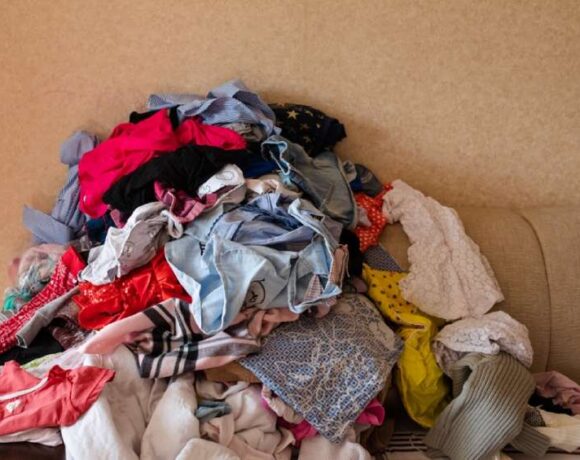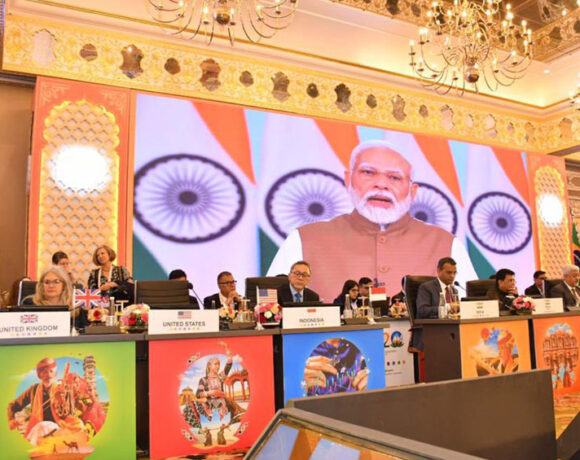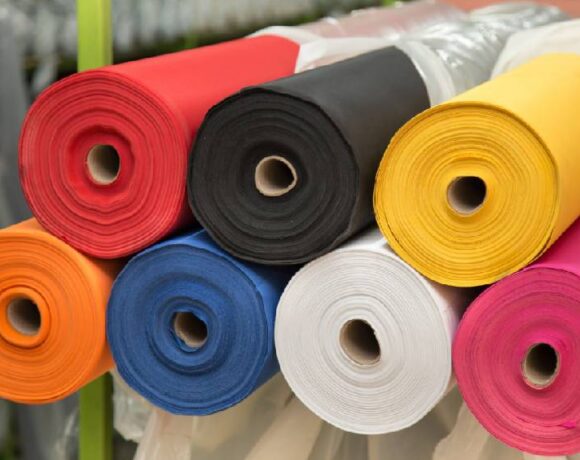CITI Gives Policy Recommendations To Boost Textile Industry

The Confederation of Indian Textile Industry (CITI), while appreciating efforts of the Indian Textiles Ministry for implementing pivotal policy measures, has also sought sufficient availability of cotton and manmade fibres at internationally competitive prices.
To improve the cost competitiveness of the cotton value chain, CITI has given policy recommendations like removal of import duty from all varieties of cotton including cotton waste and cotton productivity enhancement with a focus on specialized seed varieties like HTBt cotton seeds.
To ensure growth of MMF textiles, the trade body suggested exempting fibres and yarns not available domestically from the scope of Quality Control Orders (QCOs) to ensure access to essential raw materials without regulatory issues.
Enable provisions for exempting inputs imported by Advance Authorization holders, EoU and SEZ units from the mandatory QCOs issued by the Department of Chemicals and Petrochemicals (for polyester fibre/filament/yarn) inline to the exemption provided for QCOs issued by the Ministry of Textiles.
CITI recommended establishing a committee to ensure the availability of all types of raw materials like fibres and yarns with periodic reviews of the emerging requirements of specialised fibre and yarn categories which may be exempted from the scope of QCOs due to gap in supply or demand or price.
The association suggested lower standard input and output norms (SION) for cotton blended with MMF and VSF and address GST duty inversion in the MMF value chain to avoid capital blockage, while also announcing separate Harmonised System of Nomenclature (HSN) codes for recycled MMF-based products to promote sustainable products.
Expand viscose manufacturing hub to states like Tamil Nadu and in other textile manufacturing clusters to reduce the logistic cost of procuring such raw materials.
Enable provisions for the import of inputs that are subjected to mandatory QCOs by AA, SEZ, and EoU units for intermediate supply also. At present, such exemptions are allowed for physical exports only.
“Indian textile industry has the required capacities and skill to grow. Raw material availability at globally competing prices can address the present stagnation and help in the growth of the industry, especially sunrise sectors like technical textiles,” Rakesh Mehra, Chairman CITI said.















